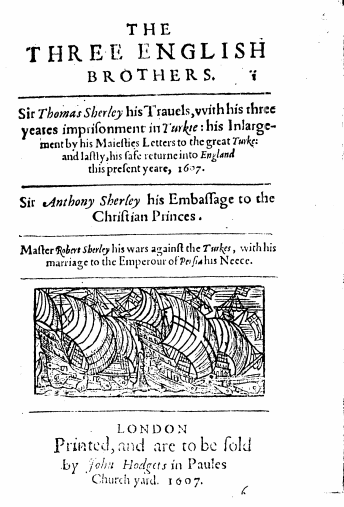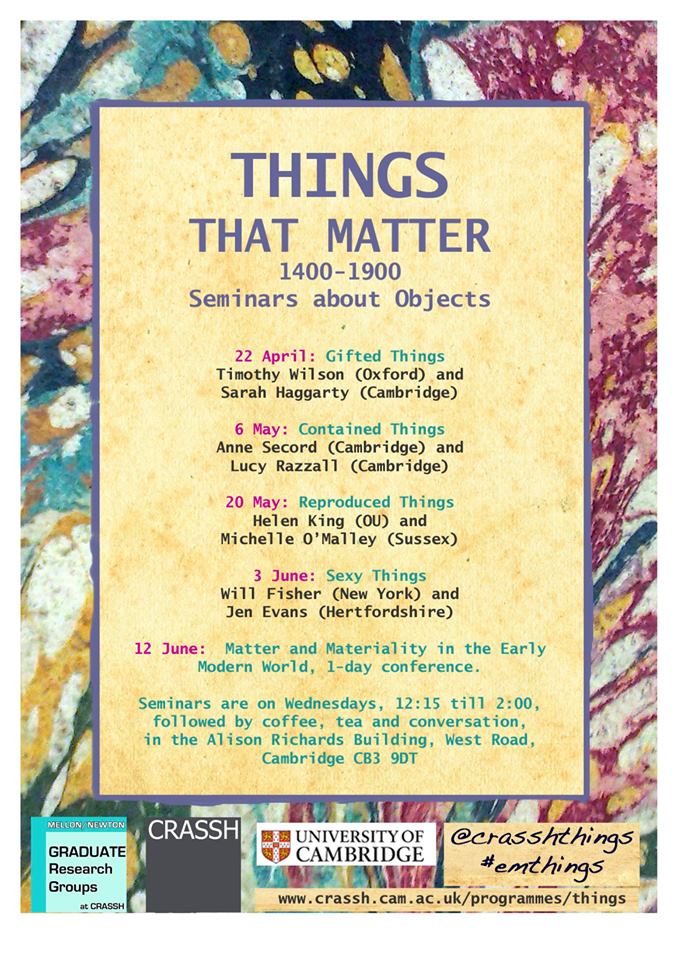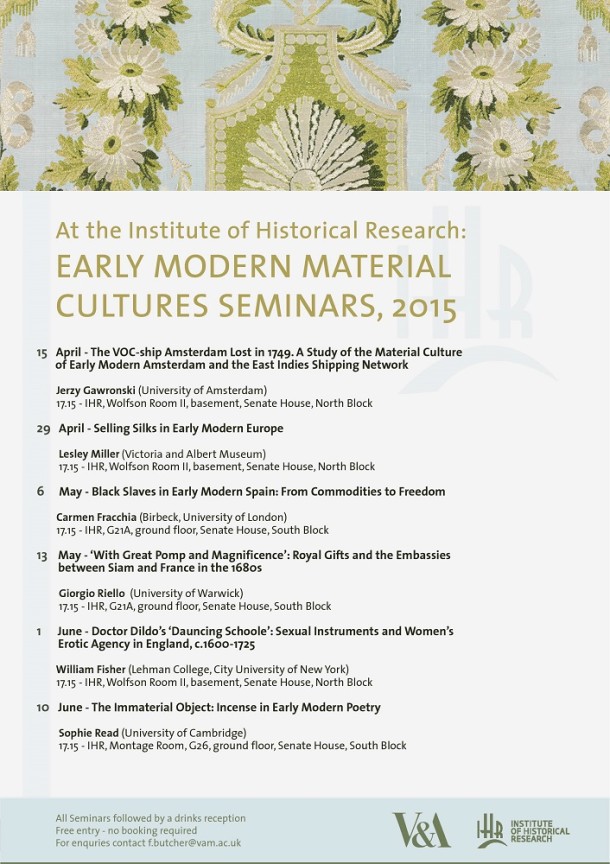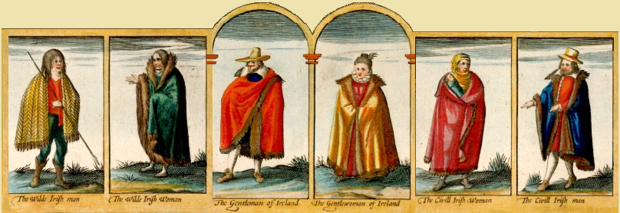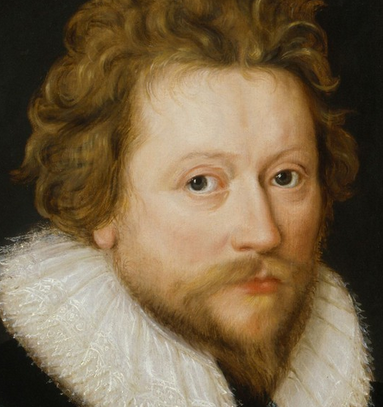A seminar taking place next week:
Wednesday 29th April
Interdisciplinary early modern seminar, 12-1.30PM, Green Room, Gonville and Caius.
John Gallagher (Gonville and Caius College): “The Italian London of John North: cultural contact and conflict in early modern England”.
This paper takes as its focus a remarkable document of cultural encounter: the Italian-language diary of an English gentleman in 1570s London. On returning from continental travel in 1577, John North continued to keep the diary he had begun while abroad. What emerges from the diary is a uniquely detailed account of the life of an Italianate gentleman: the clothes, the food, the relationships, the books, and the practices that allowed one young man to remake his Italy in London. It offers a rare glimpse into the day-to-day and face-to-face business of cultural contact in a decade when the Anglo-Italian encounter was increasingly fraught. This paper shows how we can use North’s diary to reconstruct the social, material, and sensory words of one Italianate gentleman, and poses broader questions about encounters and their anxieties in early modern England.

